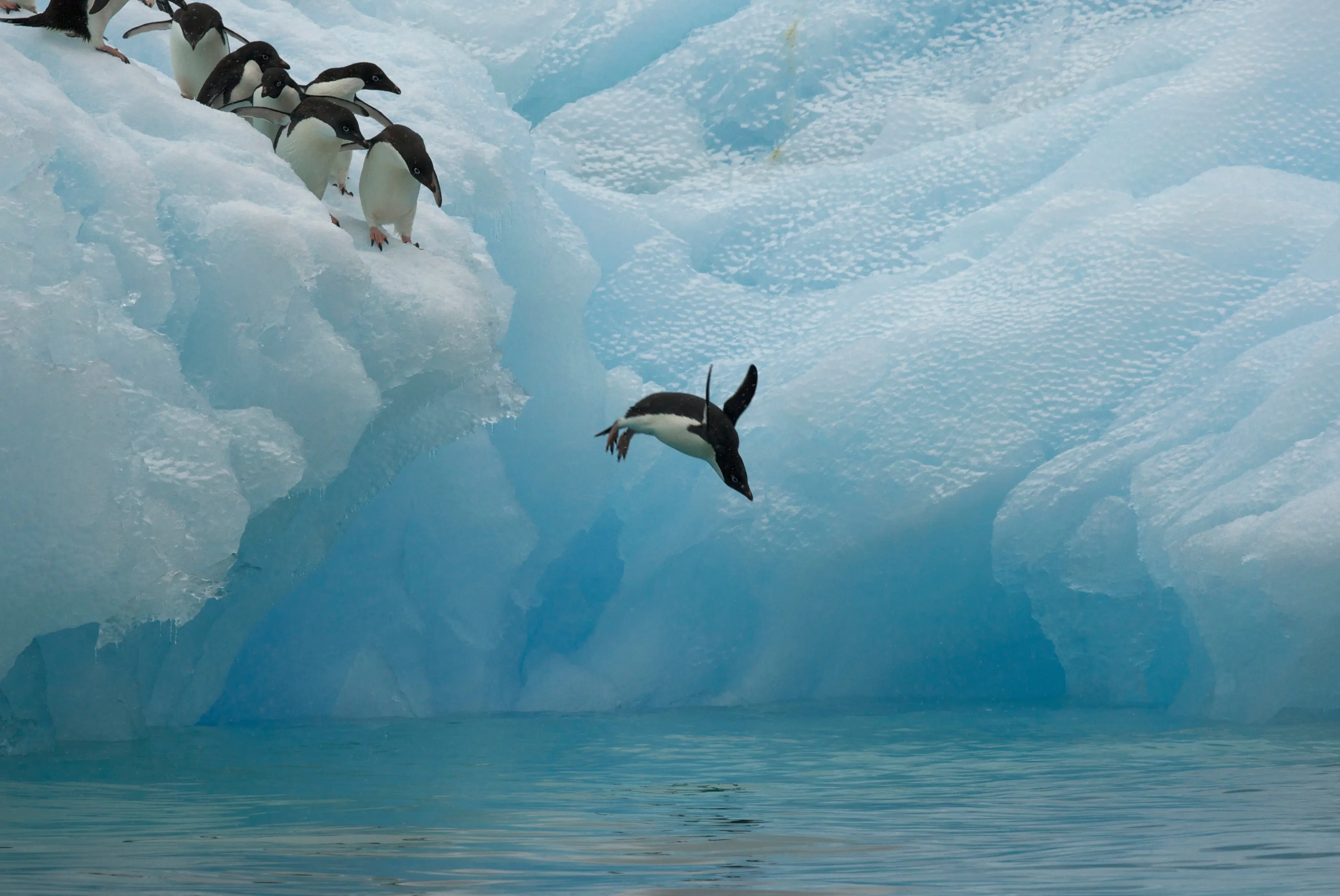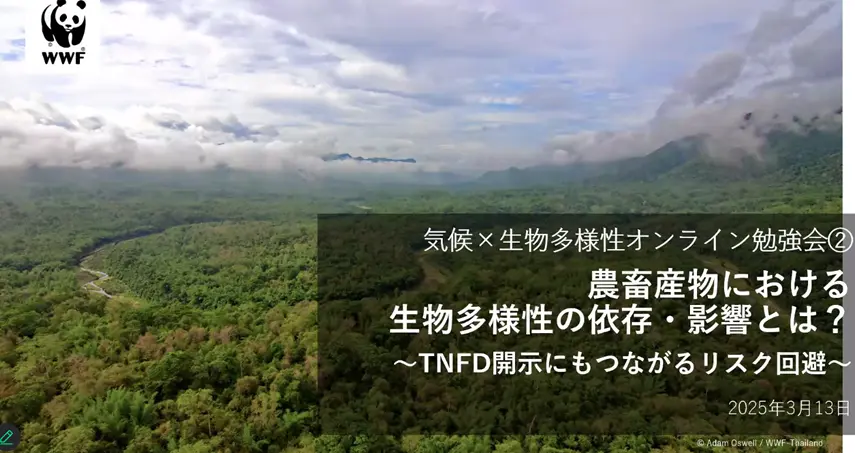Global climate deal in reach with Cancun outcome
2010/12/10
Media statement 2010年12月10日
Cancun, Mexico:
World governments on Saturday morning laid tentative groundwork for a global agreement to fight climate change by making a series of commitments to progress at the United Nations Framework Convention on Climate Change (UNFCCC) COP16 negotiations in Cancun.
Governments agreed on a set of decisions that will support further talks over the next year with the objective of a final outcome at COP17 in Durban, South Africa.
In response, Gordon Shepherd, head of WWF’s Global Climate Initiative, issued the following statement:
“After Copenhagen governments came to Cancun bruised and facing public pressure to act on climate change. It was hoped that Cancun could establish a platform for progress, and now countries are leaving with a renewed sense of goodwill and some sense of purpose.”
After two weeks of negotiations, governments made measurable progress in several important areas, but a lot more work and some big political challenges remain.
“While they weren’t able to decide on a second phase for the Kyoto Protocol, a process has been set in motion to do so next year in Durban. Major difficulties remain, however, with objecting countries, namely Japan and Russia, who will now face mounting pressures to join the global community in extending the Kyoto Protocol. Countries under Kyoto recognised more firmly that they need to reduce emissions 25 to 40% by 2020 and acknowledged that their pledges for emission reductions are just a start and much more is needed to reach the shared goal of limiting temperature increase to 2°C. Over the next year, they need to roll up their sleeves and be prepared to work hard and creatively to close this gap.”
“In a critical move, countries reached agreement on a major sticking point within the negotiations around a set of rules for the measurement, reporting and verification of emission reductions and finance.”
“Negotiators established an adaptation committee and its functions, but the issues of defining vulnerability and an international mechanism on loss and damage remain unresolved.”
“Governments backed a new global “green fund”, but now need to identify innovative sources of finance, such as levies on the currently unregulated international aviation and shipping sector, that would both address 8% of global emissions while simultaneously securing billions of dollars in long-term financing.”
“The decision addressing emissions from deforestation, also know as REDD+, did not include everything we hoped for, but provides a sound foundation for moving a credible REDD process forward and an agenda for the work ahead.”
“The Mexican presidency deserves much credit for the handling of the negotiations which helped bring governments together, especially on thorny issues. They created a negotiation atmosphere that was inclusive and efficient – and which directly helped countries regain confidence in the UNFCCC process.”
“It was also clear from the outset that many countries had done the critical work at home that allowed them to more confidently position themselves within a global framework. Strong domestic actions, such as Mexico’s national REDD+ vision and proposals for the United Kingdom to cut emissions by 60 percent from 1990 levels by 2030, also infused momentum into the talks.”
But negotiators still have much to do in the coming months to secure a global deal in Durban, South Africa.
“We need to see additional leadership from the European Union (EU) and other countries such as India and China on the legal form of an outcome. The EU and other countries need to also increase their mitigation commitments to close the gap between current emissions reduction pledges and what is required to reach their shared goal of limiting global warming to below 2°C.”
“The United States got off relatively easy in Cancun, failing to agree to robust reporting and review for its own actions. To build trust in the year ahead, the US should embark on a clear process to pull together its domestic efforts to reduce emissions into a transparent action plan that will put it on the road to a clean energy economy. The United States should then come to Durban ready to join the world in support of a legally binding agreement.”
“We also need countries to go home and continue to develop national plans to curb climate change. They must bring these actions into the international process if we are to truly secure an agreement in South Africa that meaningfully addresses dangerous climate change and helps vulnerable communities adapt.”
For further information:
Steve Ertel, WWF, steve.ertel@wwfus.org , +1 202-460-4641 Ian Morrison, WWF International, imorrison@wwfint.org , +41 79 874 6853














